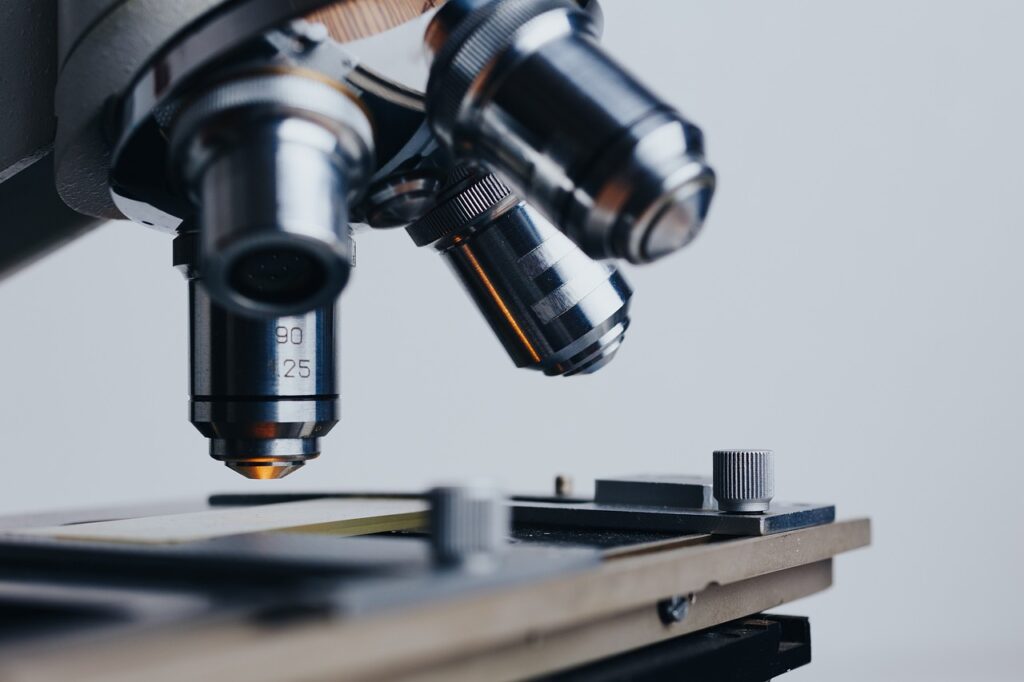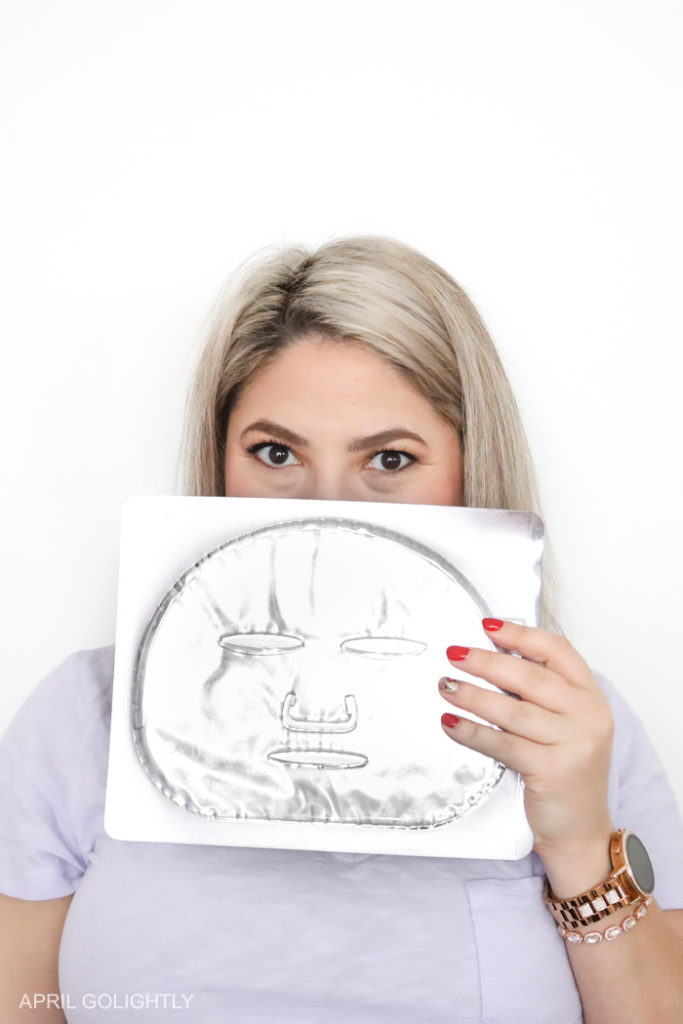The modernization of the medical world and beauty industry has undergone profound transformations, revolutionizing the way healthcare is delivered and beauty is perceived.
This paradigm shift is driven by advancements in technology, changes in consumer expectations, and a holistic approach to well-being. Let’s delve into the multifaceted aspects of the modernization journey in both the medical and beauty domains.

Modernization of the Medical World
Telemedicine and Digital Health
The advent of telemedicine and digital health technologies has transformed the delivery of medical care. Telemedicine enables remote consultations, virtual diagnoses, and the monitoring of patients’ health through digital platforms. This not only improves accessibility, especially in remote areas but also enhances the efficiency of healthcare services.

Electronic Health Records
The transition from paper-based records to electronic health records has streamlined medical documentation and improved patient care. EHRs centralize patient information, facilitating seamless communication among healthcare providers and reducing the risk of errors.
Patients can also access their records online, promoting transparency and empowering them to take an active role in their healthcare.
Precision Medicine
Precision medicine tailors medical treatment and interventions to individual characteristics, including genetic makeup, lifestyle, and environmental factors. This personalized approach allows for more targeted and effective treatments, minimizing adverse effects and optimizing outcomes.
Advances in genomics and molecular diagnostics have played a pivotal role in the rise of precision medicine.
Robotics and Minimally Invasive Surgery
Robotics has revolutionized surgical procedures, enabling precision and dexterity beyond human capabilities. Surgeons use robotic systems for intricate procedures, resulting in smaller incisions, reduced recovery times, and improved patient outcomes.
Minimally invasive surgery techniques have become the standard in many specialties, minimizing trauma and enhancing the patient experience.
Artificial Intelligence (AI) in Diagnostics
AI applications in medical diagnostics are transforming the speed and accuracy of disease detection. Machine learning algorithms analyze medical images, such as X-rays and MRIs, to identify patterns indicative of various conditions. AI also aids in predicting disease risks, improving early detection, and guiding personalized treatment plans.
Remote Patient Monitoring
Wearable devices and connected health technologies allow for real-time monitoring of patients outside traditional healthcare settings.
These devices track vital signs, activity levels, and other health metrics, providing healthcare professionals with valuable data for proactive intervention and personalized care plans.
Pharmaceutical Innovations
Advances in pharmaceuticals include the development of targeted therapies, immunotherapies, and gene therapies. Targeted therapies focus on specific molecular targets in diseased cells, minimizing damage to healthy cells. Immunotherapies harness the body’s immune system to fight diseases like cancer. Gene therapies aim to treat or prevent diseases by modifying or replacing faulty genes.
Collaborative Healthcare Platforms:
Collaborative healthcare platforms facilitate communication and coordination among healthcare providers, fostering a team-based approach to patient care. These platforms enable seamless sharing of information, reduce redundancies, and enhance the overall efficiency and effectiveness of healthcare delivery.
Modernization of the Beauty Industry
Technology-Driven Anesthetics:
The beauty industry has embraced technology to enhance aesthetic treatments. Non-invasive procedures like laser therapy, ultrasound, and radiofrequency treatments provide effective results with minimal downtime. Advancements in cosmetic dermatology leverage technology for skin rejuvenation, body contouring, and anti-aging solutions.
Virtual Beauty Try-Ons:
Virtual reality (VR) and augmented reality (AR) have transformed the beauty retail experience. Virtual try-on apps and AR mirrors allow customers to visualize products on themselves before making a purchase.
This technology enhances the online shopping experience and empowers consumers to make informed choices.
Customized Beauty Products
Personalization is a key trend in the beauty industry, with brands offering customized skincare and makeup products. Advances in technology, including artificial intelligence and machine learning, analyze individual skin types, tones, and preferences to create tailor-made beauty solutions.

E-Commerce and Influencer Marketing
The rise of e-commerce has reshaped how beauty products are marketed and sold. Influencer marketing, particularly on social media platforms, plays a pivotal role in product promotion.
Beauty influencers provide authentic reviews, tutorials, and product recommendations, influencing consumer choices and trends.
Clean Beauty and Sustainability
The modern beauty industry places a significant emphasis on clean and sustainable practices. Consumers are increasingly mindful of ingredient transparency, cruelty-free formulations, and eco-friendly packaging. Brands that prioritize sustainability and ethical practices gain favor among environmentally conscious consumers.
Wellness and Holistic Beauty
The convergence of beauty and wellness emphasizes a holistic approach to skincare and self-care. Beauty brands are incorporating wellness elements, such as stress-relief ingredients and aromatherapy, into their products. This holistic perspective acknowledges the interconnectedness of beauty, mental well-being, and overall health.
Data-Driven Beauty
Data analytics and artificial intelligence are used to gather insights into consumer preferences and trends. Beauty brands leverage data to understand market demands, create targeted marketing campaigns, and develop products that align with evolving consumer needs. This data-driven approach enables agility in responding to market dynamics.
Advanced Hair Care Solutions
Technological advancements in hair care include innovations in hair restoration, personalized hair care formulations, and scalp health monitoring.
Laser therapies, regenerative medicine, and customized hair care products address diverse hair concerns, offering solutions tailored to individual needs. When considering any of these approaches, look at the hair transplant cost and know what awaits.
Intersection of Medical and Beauty Modernization
Integrated Wellness Clinics
The modernization trend intersects with integrated wellness clinics that offer both medical and aesthetic services. These clinics provide a comprehensive approach to well-being, addressing health and beauty from a holistic perspective. Patients can access medical treatments alongside aesthetic and wellness services under one roof.
Regenerative Anesthetics:
Regenerative medicine techniques are increasingly applied in aesthetic procedures. Stem cell therapies, platelet-rich plasma (PRP) treatments, and growth factor applications promote natural rejuvenation, addressing both medical and aesthetic aspects of health.
Holistic Health and Beauty Retreats:
The concept of wellness retreats has evolved to incorporate both medical and beauty components. Retreats offer a range of services, from medical diagnostics and health consultations to spa treatments and personalized beauty regimens. This integrated approach aligns with the growing demand for holistic well-being experiences.
Telehealth for Anesthetic Consultations:
Telehealth platforms extend beyond medical consultations to include aesthetic assessments. Patients can virtually consult with healthcare professionals for both medical and cosmetic concerns, seeking advice on treatments ranging from skin conditions to aesthetic enhancements.
Beauty from Within
The integration of medical and beauty practices emphasizes the concept of beauty from within. Nutraceuticals, dietary supplements, and wellness prescriptions are designed to enhance both physical health and aesthetic outcomes.
This approach recognizes the interconnectedness of lifestyle, nutrition, and appearance.
In conclusion, the modernization of the medical world and beauty industry reflects a dynamic landscape where technology, innovation, and consumer preferences converge.
From telemedicine and precision medicine to technology-driven aesthetics and data-driven beauty, the realms of health and beauty are intricately connected in the pursuit of holistic well-being.
